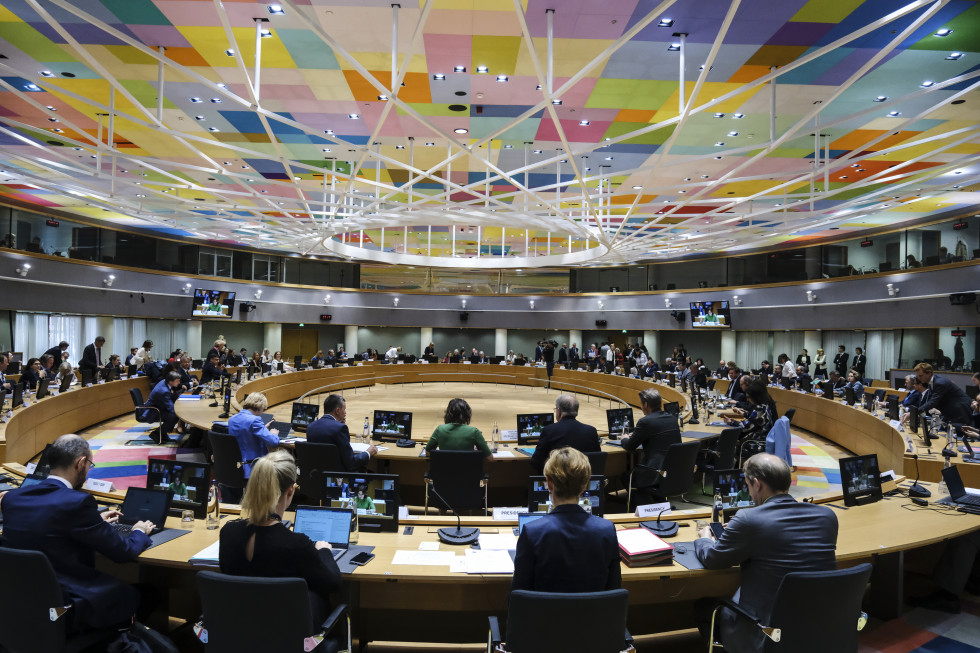EU General Affairs Council meeting
The General Affairs Council discussed a draft agenda for the June meeting of EU Heads of State and Government. The agenda will focus on the EU's continuing response to Russia's war of aggression against Ukraine, current economic issues, security and defence, and foreign policy matters.
Slovenia agreed with the proposed draft agenda and suggested that the June European Council continue discussions on the issue of internal border controls, including in the light of the economic damage they cause to individual Member States and their impact on the smooth functioning of the internal market. In Slovenia's view, the extension of the temporary reintroduction of internal border controls is an excessive and unjustified measure which is contrary to the provisions of the Schengen Borders Code and the ruling of the European Court of Justice.
Slovenia expressed its continued full support for Ukraine. In the discussions on opening accession negotiations with candidate countries, it stressed that the Western Balkan countries should not be forgotten and underlined the importance of maintaining a credible enlargement policy in the region, which must remain a geostrategic priority for the EU. Slovenia also apprised the Council of the successful conclusion of the MLA Conference in Ljubljana and the adoption of the Ljubljana-Hague Convention, which will enable countries to cooperate internationally in the investigation and prosecution of the most serious crimes. This is the first major treaty in the field of international criminal law since the Rome Statute.
As part of the Article 7(1) TEU procedure, the General Affairs Council also held two hearings with Poland and Hungary, respectively, to determine whether a clear risk of serious breaches of the rule of law exists. Underlining the importance of the rule of law as a cornerstone for the functioning of the European Union, Slovenia welcomed the debate as an opportunity for constructive exchange and dialogue with both Member States.

